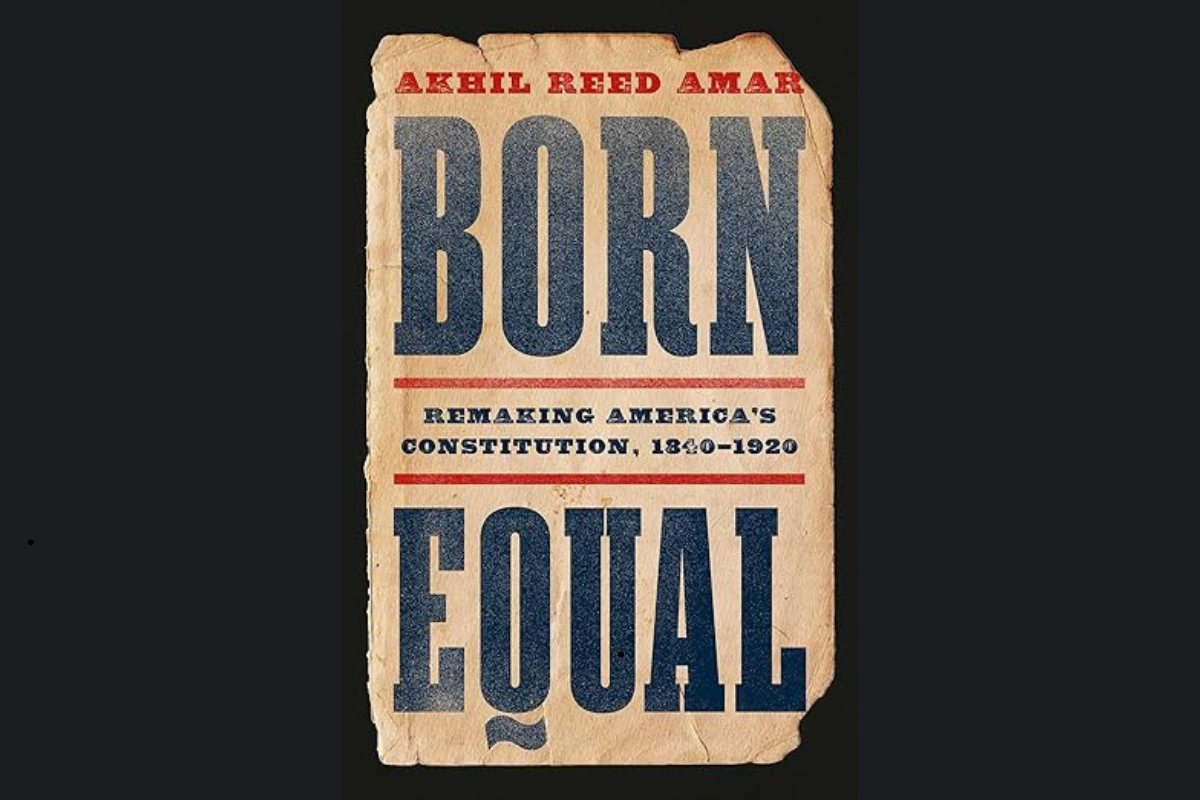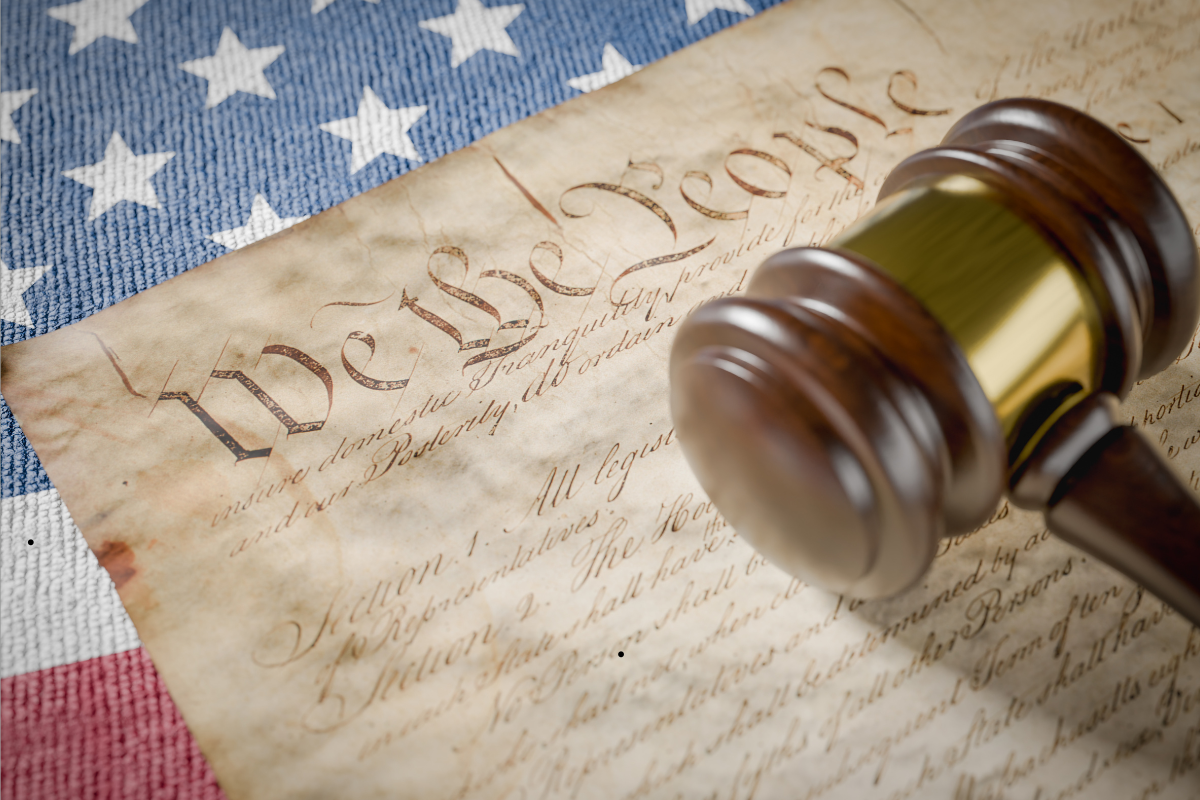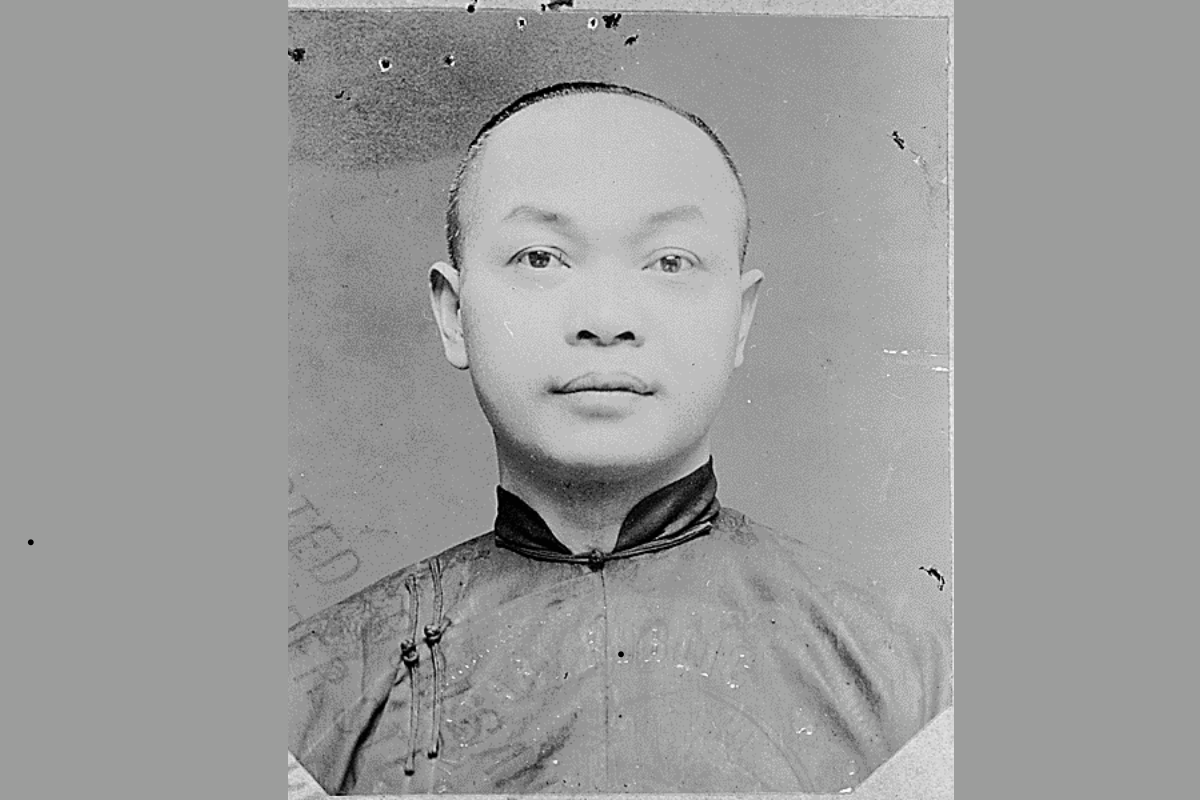Benjamin Franklin and Confucius: Unlikely Fellow Travelers
Benjamin Franklin's interest in Confucius began around 1726 when, in London, he read The Morals of Confucius, a collection of the Chinese philosopher’s writing. Confucius then became something of a guide in Franklin’s pursuit of moral “perfection,” as Franklin explained in his autobiography. He said that he embarked on a “bold and arduous project of arriving at moral perfection. He further wrote,
“I wish’d to live without committing any fault at any time; I would conquer all that either natural inclination, custom, or company might lead me into.”
Within a decade, he was printing Confucian ideas in the Pennsylvania Gazette, which Franklin bought in 1729.
Confucius appears on the East Pediment of the U.S. Supreme Court Building, in the company of Moses and Solon. Franklin wrote that he “was very fond of reading about China” and his correspondence and miscellaneous papers throughout his life indicate that he found Chinese civilization admirable and fascinating. Access to Confucius’s writing today is principally found in The Analects, which frankly are a bit of a jumble. The book could use a good editor, making his lasting influence even more remarkable.
Virtue
For Confucius, there was no separation between private and public morality, like an M.C. Escher drawing, one sphere is connected to the other which was connected back to the first in an endless cycle. In The Analects, he rhetorically asks, “How can a man conceal his character?” Character, moreover, requires effort, habit, and learning, but if citizens are distracted by outlandish ideas, the cultivation of virtue may be derailed. Confucius might as well be advising citizens of the 21st century when he writes, “Learning without thought is labor lost; thought without learning is perilous . . ..The study of strange doctrines is injurious indeed!”
Virtue provides stamina in challenging times. Confucius advises,
Those who are without virtue cannot abide long either in a condition of poverty and hardship, or in a condition of enjoyment. The virtuous rest in virtue; the wise desire virtue.
When Franklin explained his quest for moral excellence, he listed thirteen virtues that he would pursue. They were all noteworthy, but one stands out because it is so prominent in Confucian thought: “moderation” by which he hoped to avoid “extremes” and forbear resentment: He advises, “If we abandon ourselves to an immoderate joy, or to an excessive sorrow, it cannot be said that our mind is in the state wherein it ought to be.”
In addition to The Analects, Confucius’s shorter work is The Doctrine of the Mean in which he teaches that all of life—private and public—requires a healthy equilibrium. He explains that it is necessary to observe moderation in general, “as oft our passions are stirred.” In this way we achieve what is “the most lawful, innocent and laudable.” Moderation, one of Aristotle’s’ cardinal virtue, guards life so that “reason” is neither clouded nor obscured.
The State
Another of Franklin’s thirteen virtues was “justice,” which should “be practiced between a king and his subjects.” Franklin saw in Confucius a model for virtuous public leadership and a defense against a corrupt regime. Both he and Confucius believed that the personal virtue of leaders was essential for good governance. The Chinese philosopher was as concerned for the country as he was for his own conduct; indeed, one might argue that he was even more concerned with the welfare of the state than he was preoccupied with his own moral well-being. Confucian ethics never stray far from the political sphere.
Franklin wrote Anglican minister George Whitefield,
When [Confucius] saw his country sunk in vice, and wickedness of all kinds triumphant, he applied himself first to the grandees; and having by his doctrine won them to the cause of virtue, the commons followed in multitudes. The mode has a wonderful influence on mankind.
Confucius elaborates in The Analects,
There are three principles of conduct which the man of high rank should consider specially important:— that in his deportment and manner he keep from violence and heedlessness; that in regulating his countenance he keep near to sincerity; and that in his words and tones he keep far from lowness and impropriety.
Even more emphatically he insists that good government is linked to general prosperity so that “when a country is well-governed, poverty and a mean condition are things to be ashamed of.” Likewise, “When a country is ill- governed, riches and honor are things to be ashamed of.”
Ethics, not Religion
Confucianism is not a religion, though it may lean in that direction depending on some of its expressions in the centuries following Confucius death. The Temple of Confucius in Qufu, China, is not so much a place of worship as it is a place of veneration. Buddhism traveled from the Indian subcontinent to China via the Silk Road where it was embraced by many precisely because it added a transcendent opportunity that Confucianism does not provide. To be sure, many Chinese citizens today consider themselves ethically Confucian and religiously Buddhist.
But since America was founded initially in a quest for religious toleration, the secular nature of Confucian ethics would have no doubt been a draw for Franklin as the Founders worked to shape a republic in which no denomination would predominate. This was a reason why Confucianism became popular during the Enlightenment, especially as it was held in esteem by Voltaire, who thought the doctrine presented a superior, rational alternative to revealed religion. For Franklin, the Chinese philosophy could offer a source of ethical formation alongside Christianity, but without Voltaire’s antagonism toward religion.
Manners
Yet another attraction for Franklin was the Confucian sense of “manners,” which is translated in The Analects “propriety.” As Alexis de Tocqueville was to observe decades after the American Founding, a system of governance, no matter how well conceived, will not find success without the tendons and sinews of manners that hold the political skeleton together and give it movement. Stated differently, Franklin and the other principal Founders gave considerable attention to civic virtue, and the civic education that would promote such character. Confucius wisely writes, “Without an acquaintance with the rules of Propriety, it is impossible for the character to be established.” Integral to manners is a quality that, in our day, seems to be in short supply, shame. No one says it better than the Chinese philosopher:
If the people be led by laws, and uniformity sought to be given them by punishments, they will try to avoid the punishment, but have no sense of shame. If they be led by virtue, and uniformity sought to be given them by the rules of propriety, they will have the sense of shame, and moreover will become good.
Cultural norms shift, and that is often a natural, sometimes welcome, evolution. No one should suffer as Hawthorne’s Hester Prynne, who was forced, to wear the letter “A.” But, is it not dishonorable when officials serve at a high level for two years or less, and then, upon leaving public service, immediately strike million dollar deals for “tell-all memoirs” that do little more than embarrass or even slander those who remain in office. And some of today’s dress codes remind us of the popular Cole Porter song:
In olden days, a glimpse of stocking
Was looked on as something shocking
But now, God knows
Anything goes.(“Anything Goes”) by Cole Porter (1934)
Piety
Finally, although Confucianism does not depend upon religion, it is deeply imbued with the virtue of “piety,” which means a recognition of the debt one generation owes to the previous generation. This may be the most important lesson for America today. It is increasingly fashionable to curse those to whom we owe our heritage, or to deny that there is any inheritance to safeguard at all. Confucius exclaims, “Filial piety and fraternal submission!— are they not the root of all benevolent actions?'
He further describes his everyday “examination of conscience”:
I daily examine myself on three points:— whether, in transacting business for others, I may have been not faithful;— whether, in intercourse with friends, I may have been not sincere;— whether I may have not mastered and practiced the instructions of my teacher.
This virtue does not come naturally in a democracy and will seem to some heretical: “Are we not all equal? “Why should I respect the words and deeds of others?”
Piety is critical because, unfortunately, democracy has a short shelf life, a deficiency accepted by the Founding Generation. In a letter to George Whitefield, John Adams acknowledged this disturbing truth:
Remember, democracy never lasts long. It soon wastes, exhausts, and murders itself. There never was a democracy yet that did not commit suicide.
Carl Vinson Professor of Political Science and Public Administration at Georgia College
Related Essays




